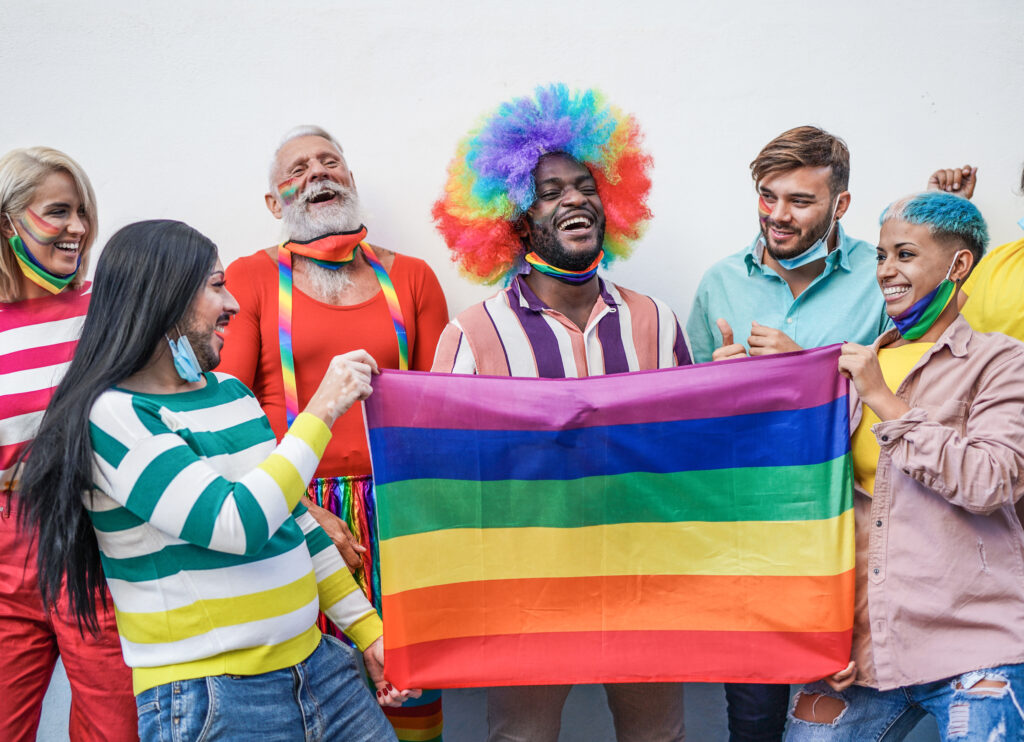
Many years ago—almost three decades now—I played role-playing games every week with a group of friends. I say “friends,” but that’s not the word I’d use for all of them. One player in particular, Jeff, was generally disliked by everyone else.
We talked about Jeff behind his back. We complained about his decisions. We made fun of his need for attention. We fantasized about asking him to leave.
Then one evening, I did something as a player that completely ostracized Jeff. Instead of being honest and direct about his problematic playing style or decisions, I made it really uncomfortable for Jeff to keep playing with us. I assumed that there was no point to communicating to Jeff what we needed or wanted, so I didn’t even try.
What I did was cowardly and mean-spirited. But it felt safer than authentic dialogue. It was a kind of confrontation that made me feel like I was in a superior position. And we got what we all imagined that we wanted. Jeff left the group.
The next time we got together, I’m sure everyone at the table was thinking the same thing: Who’s the next Jeff? Who’s the next person that we will talk about behind their backs and complain about and eventually ostracize? And will it be me?
I could chalk up my poor behavior to being young and not having the skills or the intentional commitments I now have. None of us is the same person we were 25 years ago. But we all still have a tendency to play strategic games in relationships. To determine who’s in and who’s out. To make excuses for treating some people a little less humanely than we treat others.
Maybe it’s a person’s political opinions, or their religious identity, or their economic reality. It could be a lot of things. Maybe we’re just put off by the way a person approaches decision-making in a group. Our commitment to honor everyone’s inherent worth and dignity (and foster compassion in our relationships) seems to go out the window with certain people.
We’re going to vote on the 8th Principle at our Annual Meeting. We’ve been talking about this proposed principle in a way that might come across as more “persuasive” than informative. Some people may think that a vote against the 8th Principle will be interpreted as racist. Maybe the passion with which some people have spoken in favor of the 8th Principle makes it seem like no other opinions or perspectives are permissible.
And yet, the proposal we’re talking about is a call to Beloved Community. While it’s true that we cannot foster Beloved Community without dismantling the societal oppressions we bring into our relationships, it’s also true that Beloved Community calls us first and foremost to love. It’s right there in the name, Beloveds.
In the coming months (and years, most likely) we’re going to continue exploring how we might be vessels of a revolutionary love in our community and in the world around us. We’re going to wrestle with what spiritual wholeness might mean to us as individuals and as a congregation. We’re going to discern together how Beloved Community might take shape here. And all of us need all of us if we want to do all of that with integrity.
This requires some brave vulnerability on our part. Brave vulnerability in sharing who we are and how we see things, and also brave vulnerability in seeing one another as beloveds.
I didn’t understand how to do this with Jeff. My inability to see and love Jeff as a member of our group wounded all of us, not just him. Knowing that we all need a sense of belonging, and knowing that the world offers enough wounds without us adding to them, my fervent hope is that we are able to create space together where we are able to be bravely vulnerable with one another, to see one another through a lens of intentional love, even as we are still learning what that even means. We cannot create Beloved Community without treating one another as beloved.
Share this post: